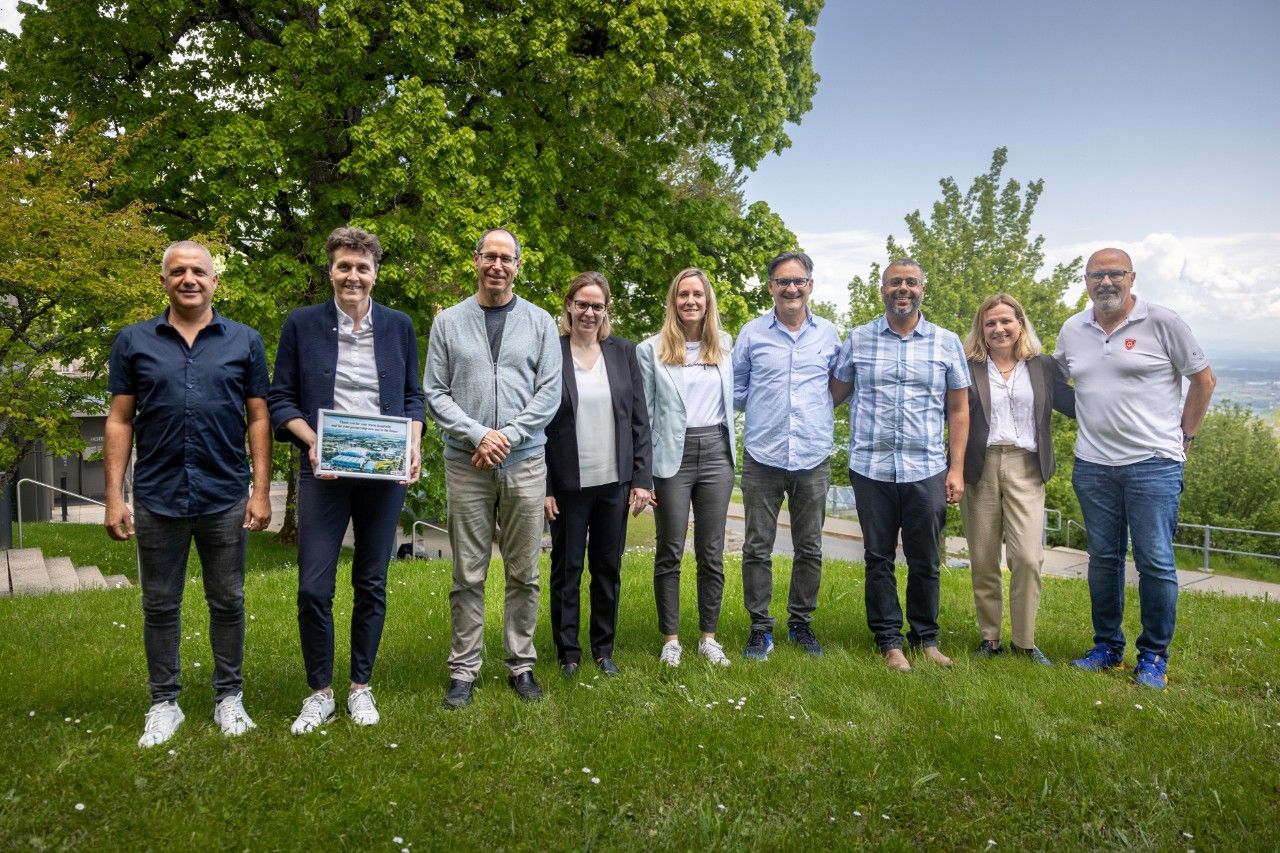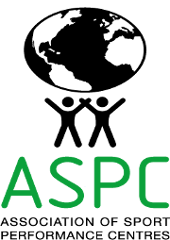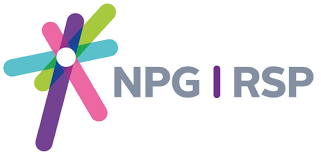Published on 8 July 2024
Partnerships
SFISM cooperates with numerous international partners in the field of sports science.
.jpeg?auto=format)
Beijing Sport University was established in 1953. It is one of the universities in the state elite promotion programme. The sports institute has over 14,000 registered students and more than 1,000 staff members, of whom 346 are professors.
A cooperation has existed between SFISM and Beijing Sport University since 2007 in the areas of sports science research, sport and coach training and the exchange of information and documentation.

The “Institut National du Sport, de l’Expertise et de la Performance” INSEP, based in Paris, was established in 1975 from a number of sports institutions that had existed since 1852. It is the leading centre in France for research, medicine, training and coaching in elite sport.
A partnership agreement has existed since 2012 between SFISM and INSEP, setting out cooperation in the fields of expert exchange, elite sports medicine, management of elite sports centres, coach training, training in elite sports, sports documentation, anti-doping, use of facilities and the exchange of elite athletes.

The Technische Hochschule Deggendorf was established in 1994 and offers 43 courses of study at two locations and 8 technology transfer centres in the areas of technology, business and healthcare for 5,700 students. Great importance is attached to a practical and international approach.

Teaching at the University of Bayreuth commenced in 1975. The Institute of Sports science at the University of Bayreuth offers Bachelor’s and Master’s courses in sport/sports science and sports economics. In research, the special focus is on sports management, sports economics, event management, health and fitness, performance physiology and movement in the elementary sphere and school (sports) development.
The SFISM and the Institute of Sports science in Bayreuth have cooperated in science and research since 1997. They also promote student exchange, and education modules are recognized by both institutions.

The University of Salzburg was founded in 1962, but its roots date back to 1622.
The Department of Sports science and Kinesiology at the University of Salzburg aims to make a scientifically based contribution to the positive development of society. This includes in particular a contribution through exercise and sport to improving people’s quality of life at all age and development levels, optimization of people’s ability to perform and capacity for recovery and research into the appropriate framework conditions for exercise and sport.
The inter-faculty Department of Sports science and Kinesiology sees the focus of its research as being on alpine sports, teaching and learning research, and prevention and coaching therapy.
Cooperation in sports science research and education, and an exchange of information and documentation, has existed between SFISM and the Department of Sports science and Kinesiology at the University of Salzburg since 2007.
Sports Policy factors Leading to International Sporting Success (SPLISS) is a network for international comparative studies on elite sport whose aim is to coordinate, develop and share expertise in innovative elite sport research at the policy level.
A letter of intent between SFISM and the main representatives of the SPLISS network (project coordination through the Vrije Universiteit of Brussels in cooperation with Victoria University, Sheffield Hallam University and the University of Utrecht) has existed since 2012. The letter of intent governs joint research in the field of elite sport systems, guest lectures and access to the expanded research network of 16 countries.

The Wingate Institute, officially known as the "The Charles Orde Wingate National Institute for Excellence in Sports" is a sports training institute south of Netanya, Israel, established in 1957. Founded as the nation's centre of sports and sports teaching, it is now Israel's best known training centre with a campus extending over about 120 hectares.
As the national sports institute, it is committed to promoting sport and an active lifestyle within the Israeli community.The cooperation agreement between the Wingate Institute and FOSPO/SFISM began in 2022 and encompasses:
the exchange of expertise and specialist knowledge regarding elite sports; the exchange of specialist knowledge in relation to building, maintaining and operating sports facilities; the exchange of specialist knowledge about sports technology, innovation and data management; the training and development of elite-sports trainers; facilitating exchanges of athletes and training staff between the Israeli and Swiss sports associations within their sphere of responsibility; combating abuse in sport (ethical standards, code of conduct for trainers, etc.)
Memberships

The International Council of Sports science and Physical Education is the international umbrella organization of sports science. Its aim is to disseminate findings from sports science and to promote international cooperation in this field. Its main goal is to achieve forward-looking and global coordination of sport, sports science and physical education in the following areas:
development, coordination and integration of sports-science disciplines promote innovative, multidisciplinary research in sports sciences promote physical activity, physical education and sport and make practical use of the related academic findings
The International Council for Coaching Excellence (ICCE) was established in 1997. It comprises a network of national and international organizations from over 30 countries that are active in the field of coach training.
Its goal is to achieve international coordination in coach-related matters such as ethics, safety and specialist knowledge and competency and to implement an internationally valid coaching culture that upholds values such as the Olympic ideals, integrity, honesty, fairness, inclusion and tolerance.

In 1999 a group of elite sport training centres formed the ASPC (Association of Sport Performance Centres). The association's goal is to jointly promote exchange and cooperation between sport performance centres around the world. The aim is for the athletes to be the main beneficiaries of the shared knowledge and optimum training conditions.
Available knowledge and new ideas are discussed at regular meetings of the representatives from around the world.

The Mental Health Network Switzerland (Netzwerk Psychische Gesundheit Schweiz, NPG) is a combination of organizations, institutions and companies. NPG sees itself as a multisectoral national initiative to promote mental health and reduce mental illness in Switzerland. It is politically and confessionally neutral and involves all professional groups as well as all parts of the country. The goal of this network is to contribute to the mental health of the population.
Swiss Federal Institute of Sport Magglingen SFISM
Ellen Leister
Hauptstrasse 247
2532 Magglingen




